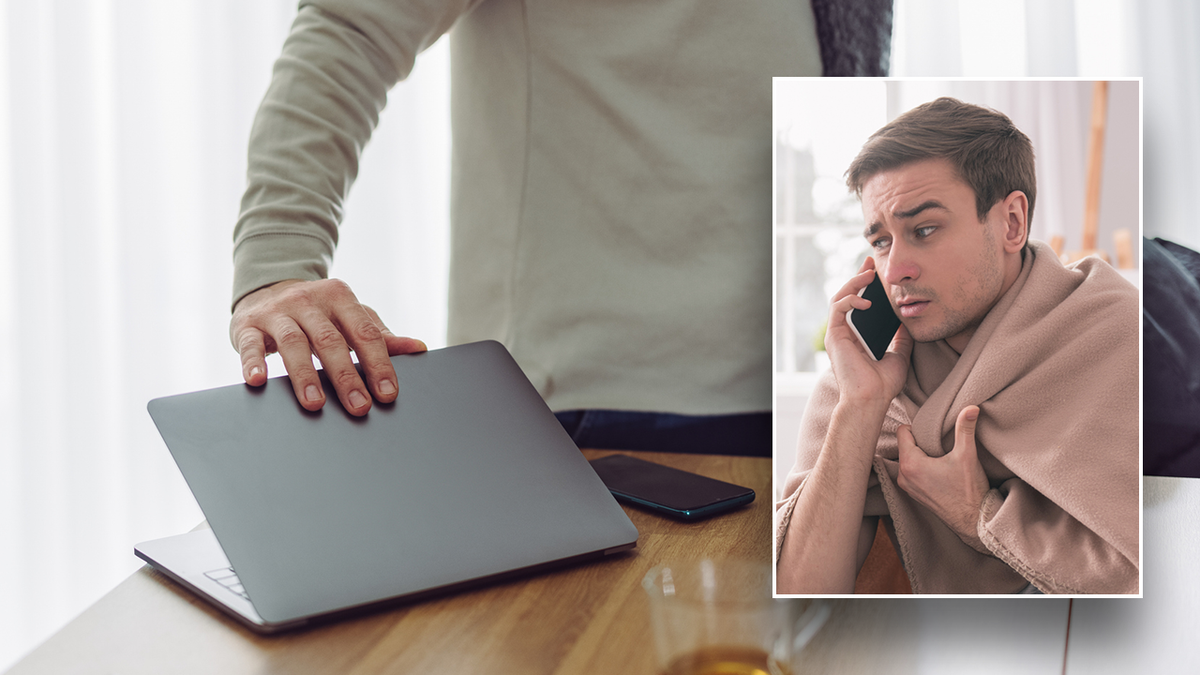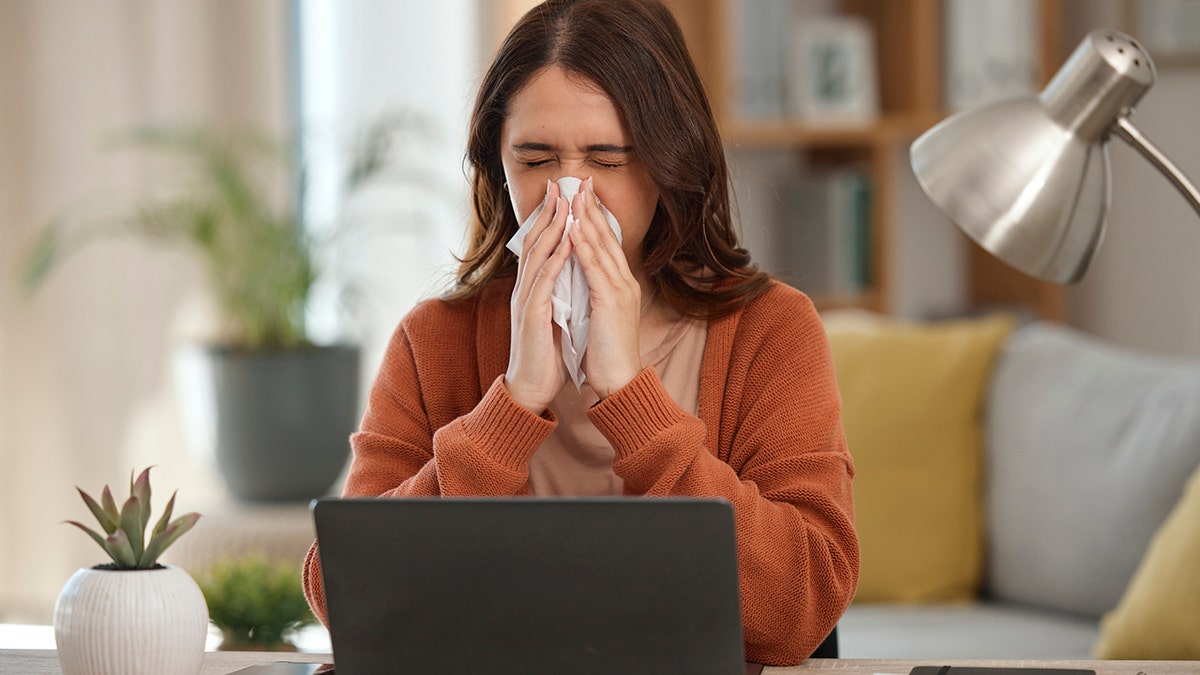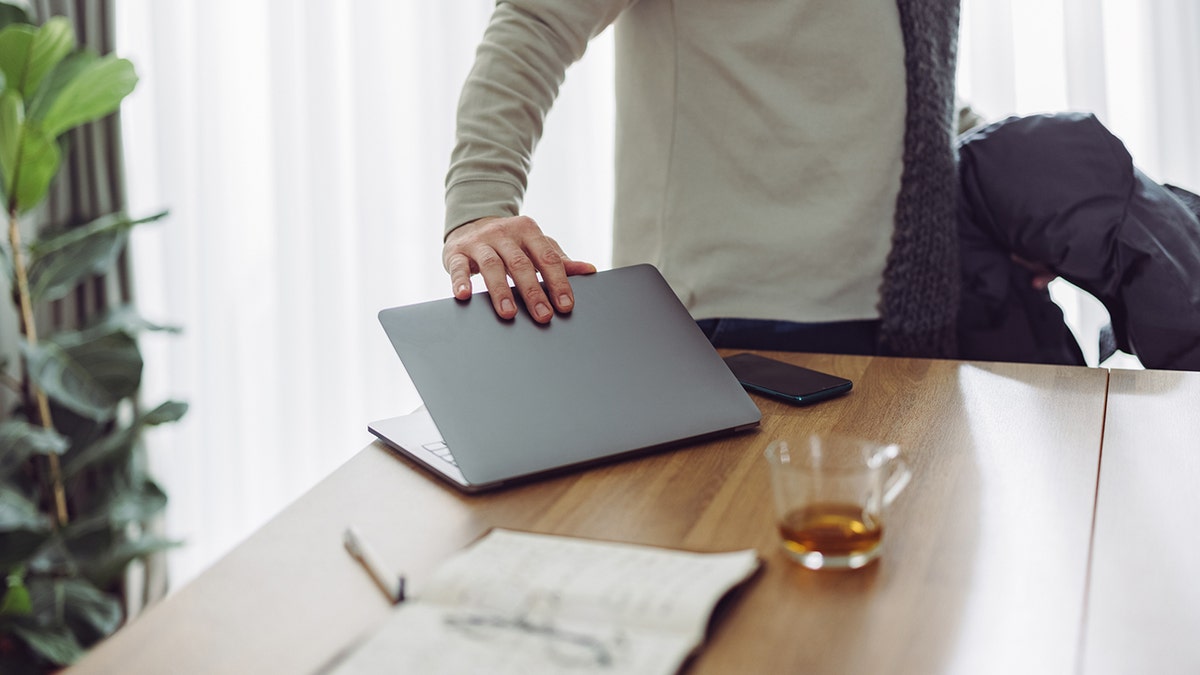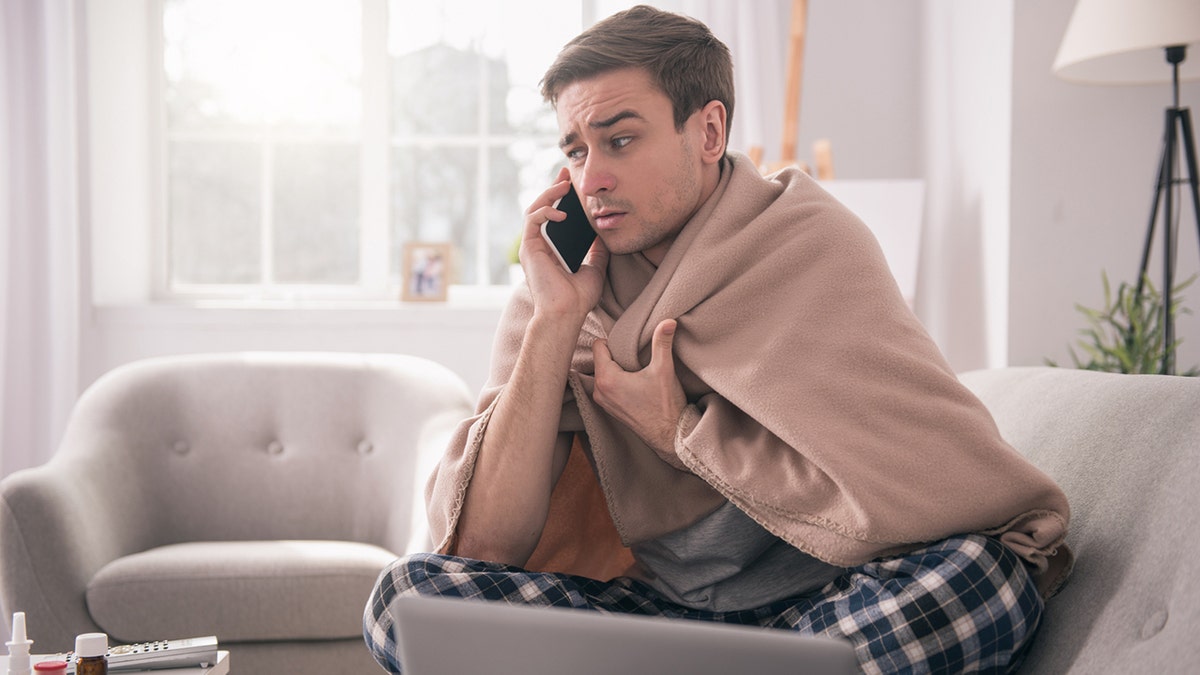Join Fox News for access to this content
Plus special access to select articles and other premium content with your account - free of charge.
By entering your email and pushing continue, you are agreeing to Fox News' Terms of Use and Privacy Policy, which includes our Notice of Financial Incentive.
Please enter a valid email address.
Sick days have taken on a whole new meaning.
As Generation Z employees enter the workforce, paid sick days — allotted by a majority of companies — are being used more than ever.
Approximately 30% of employees took sick leave in the first 10 months of 2023 – up 42% from 2019, according to the HR platform Gusto, which is used by more than 300,000 U.S. businesses.
AMERICANS ARE HAVING FEWER BABIES AS BIRTH RATE HITS HISTORIC LOW, CDC REVEALS
The average amount of time taken off for sick leave has also increased by 15% since 2019, reaching an average of 15.5 hours per year.
Another HR platform, Dayforce, reported a 55% increase in sick leave during the same time frame, based on its users' activity.
Among white-collar workers, Dayforce saw a 42% spike in sick leave since 2019.

Sick leave jumped 42% from 2019 to 2023, according to HR platform Gusto. (iStock)
Workers ages 25 to 34 years old were the most likely to take advantage of these benefits, according to Gusto’s data.
"This younger generation is now the most likely to take time away from work to rest and recover from an illness – a sign of a generational shift in the attitude that employees have about taking time off to protect their health," Gusto reported last year.
‘PANDEMIC SKIP,’ A COVID MENTAL HEALTH PHENOMENON, COULD DELAY MAJOR MILESTONES, EXPERTS SAY
Jake Canull, regional director of the Top Employers Institute in New York, reacted to this data in a response sent to Fox News Digital.
Top Employers, in new research, found that regardless of age, "sick days are encouraged by employers to prevent and recover from illness," Canull said.

Gen Z is "now the most likely to take time away from work to rest and recover from an illness," according to Gusto, an HR platform. (iStock)
Many companies with high levels of employee engagement have created initiatives to raise awareness of mental and emotional health, the expert noted.
These same companies are 14% more likely to discourage people from working overtime and 9% more likely to encourage them to take stress-relieving breaks during the workday, Canull added.
SLEEPING LONGER ON WEEKENDS COULD LOWER HEART DISEASE RISK BY 20%, STUDY FINDS
Gen Z employees are less likely to work in independent and self-directed workspaces — as they value human contact and collaboration, he said.
"They tend to prioritize safer and healthier workplaces over growth and development opportunities."
America’s youngest workers also prioritize their own well-being, he mentioned, and are "very community-focused."
"They tend to [avoid] infecting their colleagues by staying home," Canull told Fox News Digital.
"Generally, they tend to prioritize safer and healthier workplaces over growth and development opportunities."

Seventy-eight percent of Gen Z workers believe the workplace should build community, social connections and belonging, a survey found. (iStock)
Dr. Marc Siegel, Fox News senior medical analyst and NYU Langone clinical professor of medicine, told Fox News Digital that it "would be nice" to think that an additional use of sick days is due to people being more conscious of spreading infection since the pandemic.
"But I don't believe that's the case," he said. "If anything, post-COVID fatigue has led to fewer precautions, including to COVID, which is now spreading widely again."
AMERICANS NEED MORE SLEEP, LESS STRESS, EXPERTS SAY, AS GALLUP POLL REVEALS TROUBLING FINDINGS
The doctor presumed that rising sick days are more associated with burnout at work, scarcity of rewards and lack of commitment to careers — especially among younger people.
"People are more likely to game the system or require mental health days because of growing anxiety and depression in our society," Siegel theorized.
"Some people just feel like providing more balance in their lives between work and play."

Rising sick days could be due to burnout at work, lack of rewards and lack of commitment to careers, one doctor suggested. (iStock)
Dr. Kyle Elliott, a career coach based in California, agreed that Gen Z employees prioritize work-life balance.
"It's easier to take a sick day when you find meaning and purpose beyond your work and career," Elliott told Fox News Digital.
CLICK HERE TO SIGN UP FOR OUR HEALTH NEWSLETTER
Gen Z workers have also recognized that sick days aren’t solely reserved for physical illness, according to the expert.
"They can also be used when you're coping with stress or burnout — and you don't have to provide your employer with a detailed reason for why you're using your sick time," Elliott said.
Sixty-two percent of Gen Z respondents would be willing to accept a lower salary in return for a better work-life balance.
"Gen Z workers are demonstrating that it doesn't hurt to take a day or two off when you're feeling mentally worn down or exhausted — and it can pay off in the long run if you recover quicker."
Elliott suggested that America’s youngest employees are learning there is "more to life than work" and "little benefit in working when you're sick."

Members of Gen Z are learning that there is "more to life than work," one workplace wellness expert said. (iStock)
New and exclusive data from the Top Employers Gen Z survey revealed that 81% of young workers believe their employers have a responsibility to support the physical well-being of their employees.
For more Health articles, visit www.foxnews.com/health
Meanwhile, 83% agree that employers are responsible for supporting their employees' psychological well-being.
Also, 62% of Gen Z respondents would be willing to accept a lower salary in return for a better work-life balance, according to the survey.
CLICK HERE TO GET THE FOX NEWS APP
Gen Z workers encouraged fostering supportive work environments, as 78% said the workplace should build community, social connections and belonging — and 75% stated that having fun at work is important.